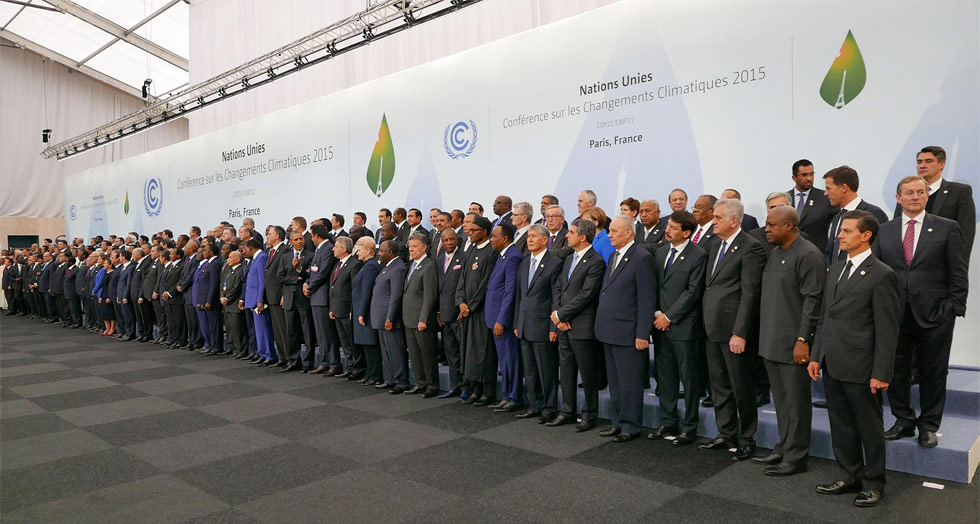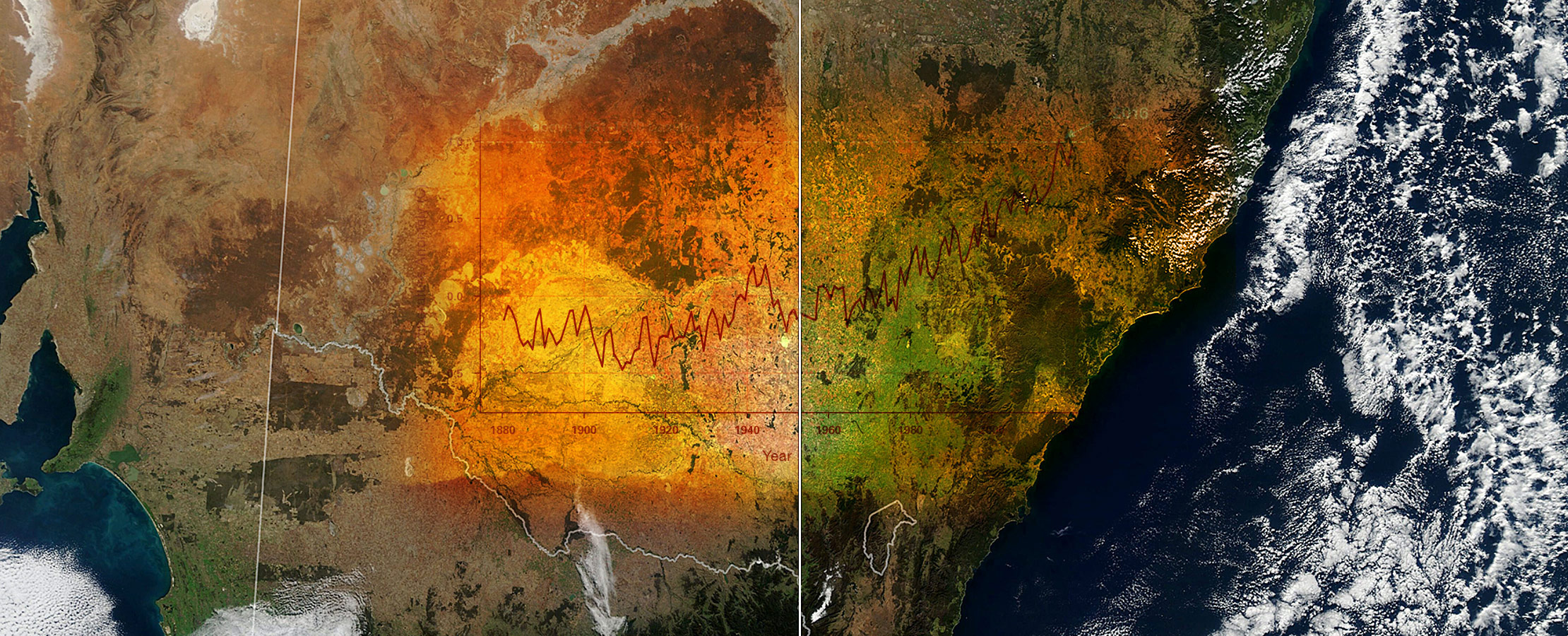Climate and Energy Pathways
Addressing the links between energy, the environment, and economic development remains a central focus for governments, industries, and international institutions alike. Efforts to reduce greenhouse gas emissions and pollutants such as methane and particulate matter continue to inform strategies aimed at limiting global temperature rise and improving public health, particularly in rapidly urbanising regions.
The 2015 Paris Agreement and the UN Sustainable Development Goals provide a shared reference point for aligning long-term climate objectives with national development pathways. IEF members representing both advanced and emerging economies bring diverse perspectives to this dialogue and are working toward practical solutions through cooperation, technology, and policy innovation.

Hydrocarbons are expected to remain a substantial part of the energy mix for many economies over the coming decades. Population growth, industrial activity, and the need to expand energy access suggest that a broad mix of fuels and technologies will continue to be required. Within this evolving landscape, open dialogue can help advance approaches that reconcile near-term realities with long-term climate ambitions.
Progress toward cleaner energy systems is already visible in many regions. Technology cost reductions, particularly in wind and solar, have made renewables more accessible and competitive. Sharing lessons from different national and regional approaches, and making them more transparent can accelerate deployment, reduce risk, and strengthen resilience in global energy markets.
The COVID-19 pandemic underscored the importance of adaptability and strengthened cooperation in the face of systemic shocks. In its aftermath, energy producers and consumers have deepened engagement on recovery strategies, emphasizing innovation, technology transfer, and collaborative solutions.
The International Energy Forum has convened a series of high-level dialogues and expert roundtables to explore these issues, including the advancement of the circular carbon economy and other integrated approaches to emissions management. The development and deployment of renewable energy technologies such as solar photovoltaics and wind, continue to accelerate, supported by falling costs, policy incentives, and increasing private-sector investment. These efforts are vital not only to reduce emissions but also to expand access to modern energy and foster more resilient and inclusive growth.
Through its unique platform, the International Energy Forum continues to foster informed dialogue across the energy spectrum, bridging diverse experiences, supporting shared learning and enabling solutions that are both pragmatic and forward-looking.


